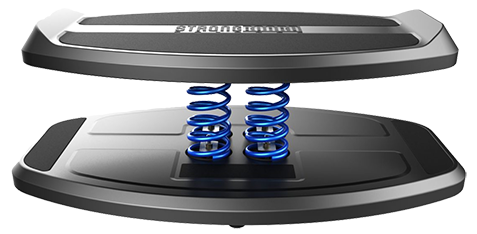
For those looking to lose a few pounds or maintain their current weight, counting calories can be a great way to stay on track. There are hundreds of applications and websites that are incredibly helpful with tracking calories on a daily and weekly basis. Yet still, what do all these numbers mean? Is it really a good idea to eat broccoli all day to save for four cups of pasta at dinner to hit a 1,500-calorie goal? To smother everything in jam instead of almond butter to cut down on the calorie count? Not always. Here are some nutrition basics as recommended by the FDA to keep you on track.
Basic facts
A calorie is defined as a measurement of food energy. There are 3 main energy sources we consume called macronutrients. They are carbohydrates, fats, and proteins. Each of these macronutrients get broken down into the body and used in various ways to support life function. Protein becomes amino acids, carbohydrates become glucose, and fats are broken down into lipids. Without the bare minimum requirements of these macronutrients, we would not survive. It is recommended that out of all of our calories we consume, 45-65% come from carbohydrates, 10-35% come from protein, and 20-35% come from fat (depending on individual nutrition needs). Each macronutrient has an assigned number of calories per gram. A gram of protein and carbohydrate will each have 4, and a gram of fat has 9 calories. Alcohol, though non-essential to life function yet also supplies energy, has 7 calories per gram.
A food is distinguished as being one of these macronutrients by analyzing the most contributing calorie source per gram. For example, an ounce of cheese has 110 calories total, with 9 grams of fat, 7 grams of protein, and under 0.5 grams of carbohydrate. Simple math can determine that 81 calories come from fat and 28 come from protein, with only 1 calorie of carbohydrate. Therefore, a cheese is labeled as a fat because most of its calories come from fat calories.
One calorie contributor that is NOT a macronutrient because it is not essential to live function is sugar. Sugar contains 4 calories per gram and is often added to processed foods for additional flavor. For example, one can of soda contains 35 grams of sugar and no macronutrients. Different sources of sugar will be broken down into different forms of glucose. Glucose is used as a main source of energy for the body; we all need at least 100 calories of glucose just to support brain function. However, once the body has used the glucose it needs, it stores the rest.
Most humans require at least 1200 calories to perform vital functions such as breathing, thinking, digesting, blinking, etc. Those of us who are more active will need more. An over-excess of calories can result in obesity, cardiovascular disease, high blood pressure, diabetes, and a Pandora’s box of other health issues that lead to an early death.
So, what we can learn from this that even though it is important to use calorie counting to maintain a healthy weight, we can also look at our macronutrient intake within our individual calorie needs as well, to see if there is a healthy balance in our nutrition. When totaling your intake at the end of the day, take a look at sugars and whether your carbohydrates, proteins, and fats are within the recommended guidelines. If you need additional help or have a specific goal you’re working towards, consult with a registered dietician to help tailor your goals.
Stay Balanced.



